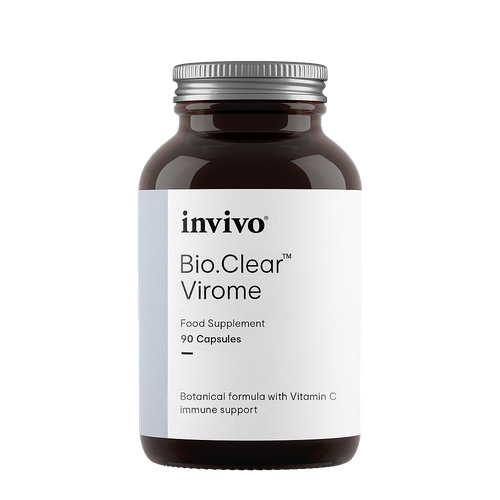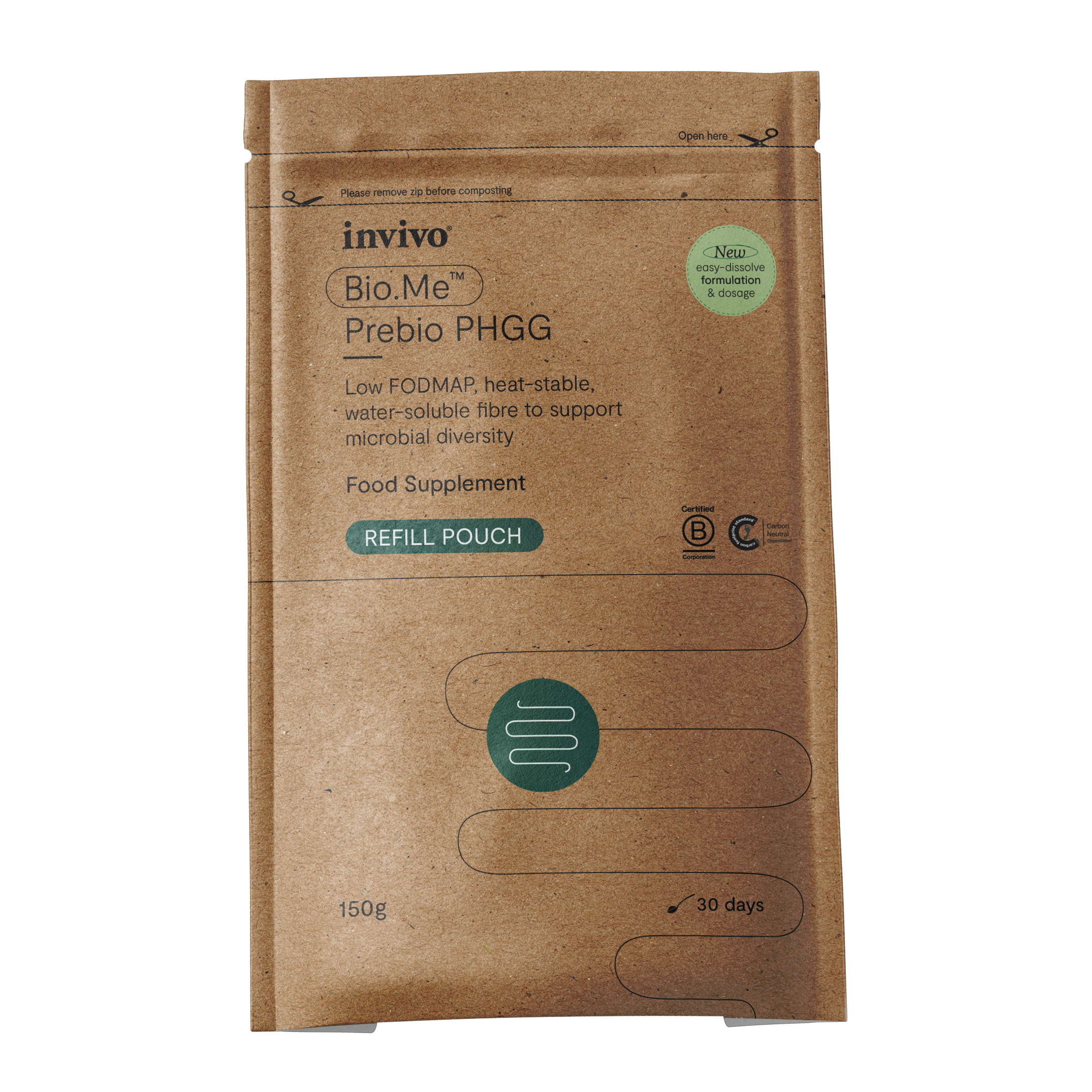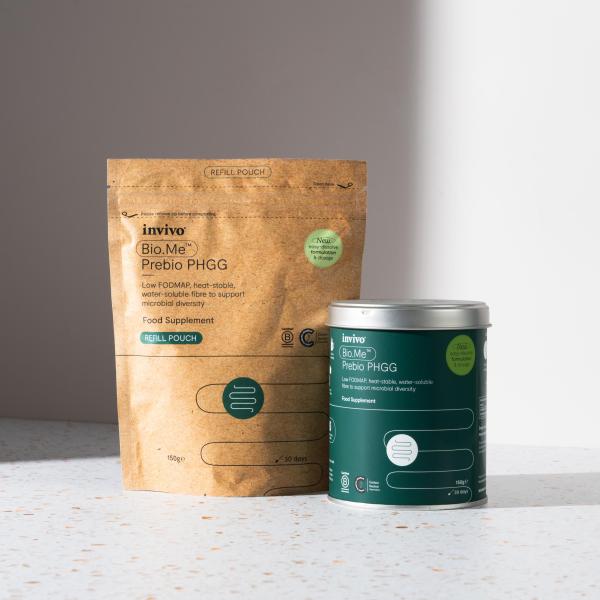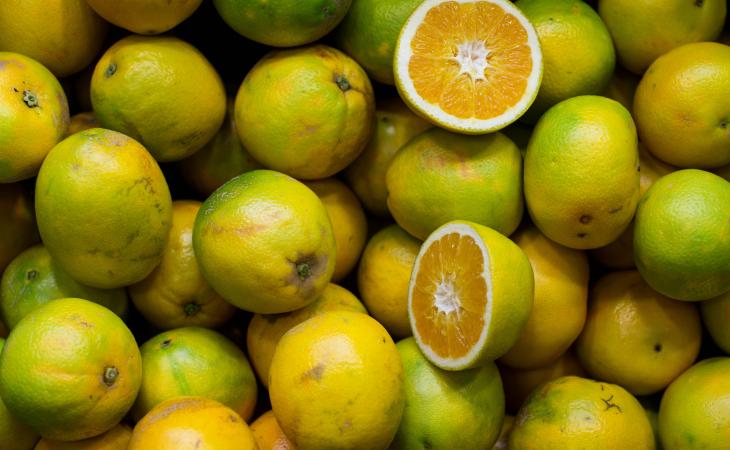MicrobiomeX, a citrus fruit extract, has been specifically designed to positively modulate the gut microbiome by increasing butyrate producing Firmicutes (especially Clostridium Cluster XIVa) in the mucus membrane, and subsequently increasing butyrate and propionate levels throughout the colon.
A randomised, double-blind, placebo-controlled, parallel group study in 50 participants over 12 weeks (n=23 MicrobiomeX; n=27 placebo) showed a significant increase in butyrate and positive change to the butyrate/acetate ratio (p<0.05) compared to baseline with daily administration of 500mg (1).
Furthermore, in the MicrobiomeX group, there was a strong trend towards a reduction in faecal calprotectin and pathogen load.
Prebiotics have been shown to enhance mucus production (2, 3). It has been postulated that an increase in mucus stimulates the release of mucosal butyrate producers towards the gut lumen, and thus increases butyrate levels (4). Furthermore, this may enhance the bioavailability of butyrate as it’s released close to the epithelium, which could be particularly useful for IBD patients where transport of butyrate to colonocytes is impaired.
Citrus flavonoids & cognition
A recent review examined 21 studies with emphasis on the subclass and dose of flavonoids administered, the cognitive domains affected by flavonoid supplementation, and the effect size of the response. The concluding statement was that evidence suggests flavonoids to be beneficial to attention, working memory, and psychomotor processing speed in a general population (5).
Supplementation with flavone-rich orange juice was shown to significantly improve the digit symbol substitution task, a measure of psychomotor processing speed compared to both the sugar-matched control and baseline, in a crossover intervention study (6). Additionally, an increase in cerebral blood flow was observed by fMRI. The flavonoid content in this study was low, thus if flavonoids work in a dose-dependent manner, a higher dose may have elicited increased cognitive benefit.
Indeed, a randomised, double-blind, crossover study using a greater total orange flavonoid content, improved psychomotor performance at 2 (p<0.01) and 6 (p<0.05) hours compared to placebo and baseline in middle-aged male subjects. Additionally, the orange juice attenuated a decline in subjective alertness throughout the testing period, compared to a sugar-matched control (p<0.05) (7).




